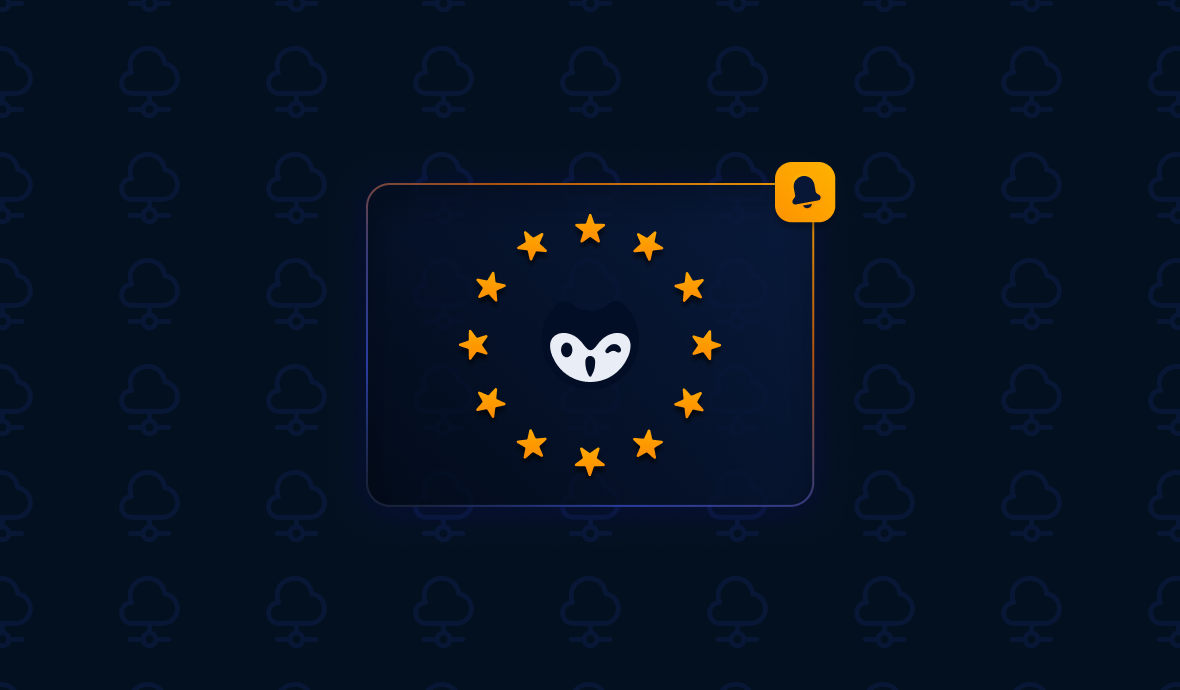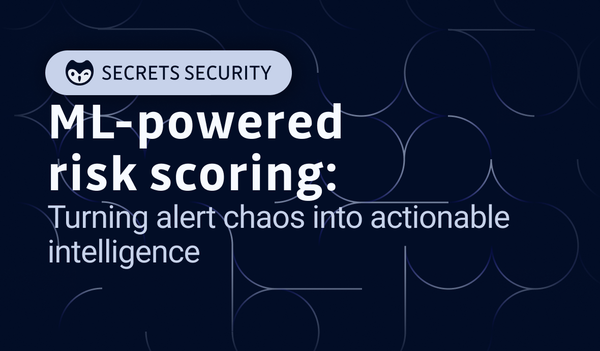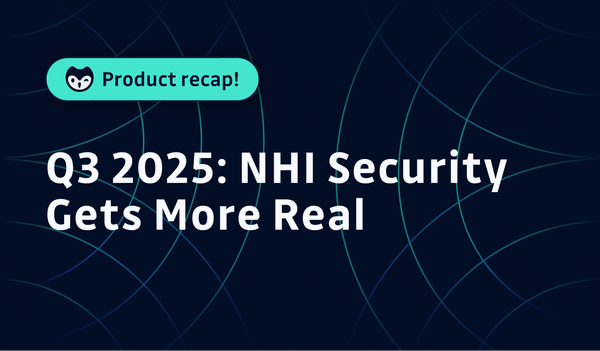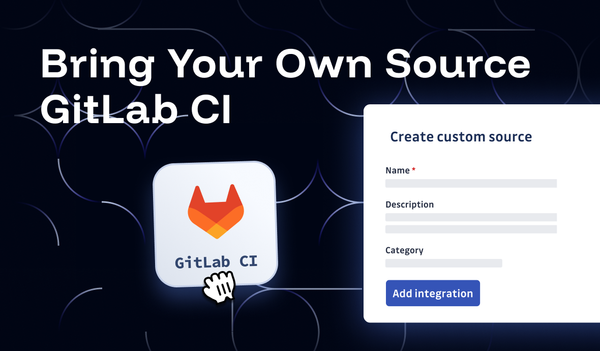Data sovereignty, or where our data is hosted, has become more crucial than ever. Many countries, especially within the European Union, now have stringent regulations around data residency. For instance, the General Data Protection Regulation (GDPR) requires companies to store and process data locally to protect user privacy. Ensuring data remains within specific geographic boundaries is a significant legal, operational, and ethical concern for enterprises operating internationally.
Streamlined Data Sovereignty for Your Business
GitGuardian, a Paris-based company with a Boston office, has long understood the importance of respecting and supporting data sovereignty and the challenges of working across oceans. We are thrilled to announce the launch of our new European hosting options for our Secrets Detection Platform SaaS. Customers who need to comply with GDPR and other hosting localization requirements can now request hosting based in AWS Frankfurt, Germany.
Before now, customers with such data sovereignty requirements could work with us only through our self-hosted option. Our platform's stand-alone installation can be run within private networks and local hardware, even when completely disconnected from the public internet. However, some customers who only needed to host it themselves in the EU due to regulatory compliance could not benefit from our SaaS deployment options, which would have saved them from all deployment and maintenance hassles.
Why Data Sovereignty Matters
In a cloud-first world, businesses constantly generate, process, and store vast amounts of sensitive data. For enterprises, failing to comply with local data residency requirements can result in severe penalties, potential breaches of trust, and reputational damage. But even beyond the regulatory environment, data sovereignty offers a form of protection against geopolitical tensions and foreign government interventions, which may seek access to data stored in servers outside their borders and jurisdictions.
Safeguarding sensitive information is our top priority as a company that assists individuals in identifying and resolving data leaks. After all, one of the most significant reasons attackers want your credentials is to steal your data. Customers can trust us to handle their data securely, regardless of their geographic location.
FAQ about GitGuardian's EU-Hosted SaaS
- Who is eligible for EU hosting?
Business or Enterprise plan customers can request data residency in the EU when creating a new account. This option is not available to users on our free plan, which is available to individual developers and teams with less than 25 members. - Can I migrate my existing account to EU hosting?
Although we do not currently offer migration plans, we want to assure you that all data in the US zone is secure and fully compliant with all applicable regulations. It allows us to focus on delivering high-quality solutions across both zones without disrupting your existing setup.
Our Commitment to Data Sovereignty
By launching the SaaS EU region, GitGuardian meets the increasing global demand for stronger data sovereignty and compliance. Our belief is simple: customers should have control over where their data is stored and who can access it. We understand that data security is not just about preventing breaches but also about ensuring that data is stored and managed in ways that comply with local regulations and user expectations.
GDPR and other data protection regulations strongly emphasize the lawful handling and processing of personal data, with strict guidelines on cross-border data transfers. With the SaaS EU region, GitGuardian customers in Europe can rest assured that their sensitive data remains within EU borders, minimizing the risk of non-compliance with GDPR and providing additional peace of mind.
We are committed to serving our European customers with the same dedication and excellence that has become the hallmark of GitGuardian's global offerings. Stay tuned for more updates as we expand our services to meet the evolving needs of a data-sovereign world.









